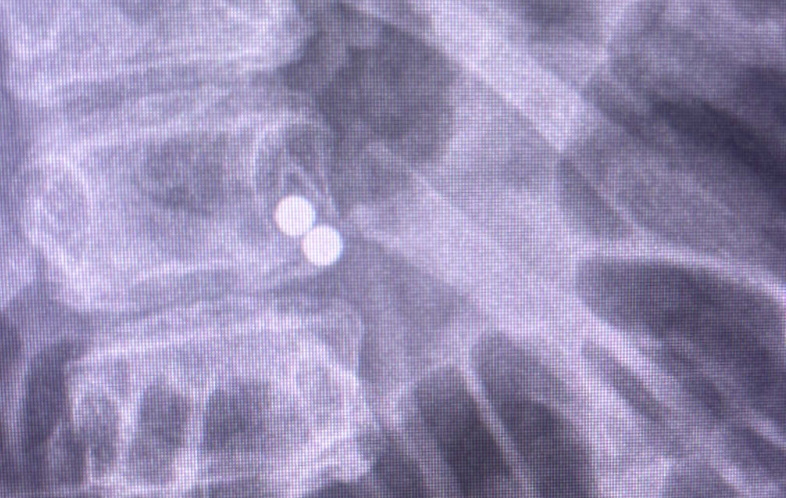Health
Surgeons Remove Boy’s Bowel After Ingesting 100 Magnets

Surgeons at Tauranga Hospital in New Zealand recently faced a critical situation when they had to remove part of a boy’s bowel after he ingested up to 100 neodymium magnets. This alarming case highlights the ongoing issues surrounding the enforcement of a ban on these powerful magnets, which has been in place since 2014 but continues to be challenged by the availability of such items on online marketplaces.
According to a case study published in the New Zealand Medical Journal, the incident underscores the difficulties in regulating the sale of high-powered magnets, particularly in light of their continued accessibility through the internet. The Pasifika Medical Association Group expressed concern about the implications for children, stating, “While product safety laws exist in New Zealand that prohibit the sale of high-powered magnets, there is significant challenge in enforcing these laws on products sold on online marketplaces.”
The spokesperson emphasized the ease with which young children can access these platforms, making it imperative for parents to supervise their children’s online purchases.
Professor Alex Sims from the University of Auckland noted that small, high-powered magnets are often marketed as fun toys. These items, which are designed to be engaging and creative, can pose serious risks when ingested. “Small high-power magnets have been marketed and sold as fun toys for adults and children when they are sold in sets as they can be used to make different shapes and also be used as fidget toys,” he explained.
Unfortunately, these magnets are frequently produced in brightly colored forms that appeal to children, increasing the likelihood of accidental ingestion. Professor Sims highlighted the challenges in enforcing the ban due to the low price and easy access to these products online.
“The reality is that parents should not be allowing their children to purchase items unsupervised on any online marketplaces,” he advised. “All purchases must be done or at least overseen by parents.”
This case serves as a stark reminder of the potential dangers associated with online shopping for children, particularly regarding products that may not meet safety standards. As regulations struggle to keep pace with online sales, the responsibility increasingly falls on parents and guardians to protect children from hazardous items.
-

 World3 months ago
World3 months agoTest Your Knowledge: Take the Herald’s Afternoon Quiz Today
-

 Sports3 months ago
Sports3 months agoPM Faces Backlash from Fans During Netball Trophy Ceremony
-

 Lifestyle3 months ago
Lifestyle3 months agoDunedin Designers Win Top Award at Hokonui Fashion Event
-

 Sports3 months ago
Sports3 months agoLiam Lawson Launches New Era for Racing Bulls with Strong Start
-

 Lifestyle3 months ago
Lifestyle3 months agoDisney Fan Reveals Dress Code Tips for Park Visitors
-

 Health3 months ago
Health3 months agoWalking Faster Offers Major Health Benefits for Older Adults
-

 World3 months ago
World3 months agoCoalition Forms to Preserve Māori Wards in Hawke’s Bay
-

 Politics3 months ago
Politics3 months agoScots Rally with Humor and Music to Protest Trump’s Visit
-

 Top Stories3 months ago
Top Stories3 months agoUK and India Finalize Trade Deal to Boost Economic Ties
-

 World3 months ago
World3 months agoHuntly Begins Water Pipe Flushing to Resolve Brown Water Issue
-

 Entertainment3 months ago
Entertainment3 months agoExperience the Excitement of ‘Chief of War’ in Oʻahu
-

 Science3 months ago
Science3 months agoNew Interactive Map Reveals Wairarapa Valley’s Geological Secrets









